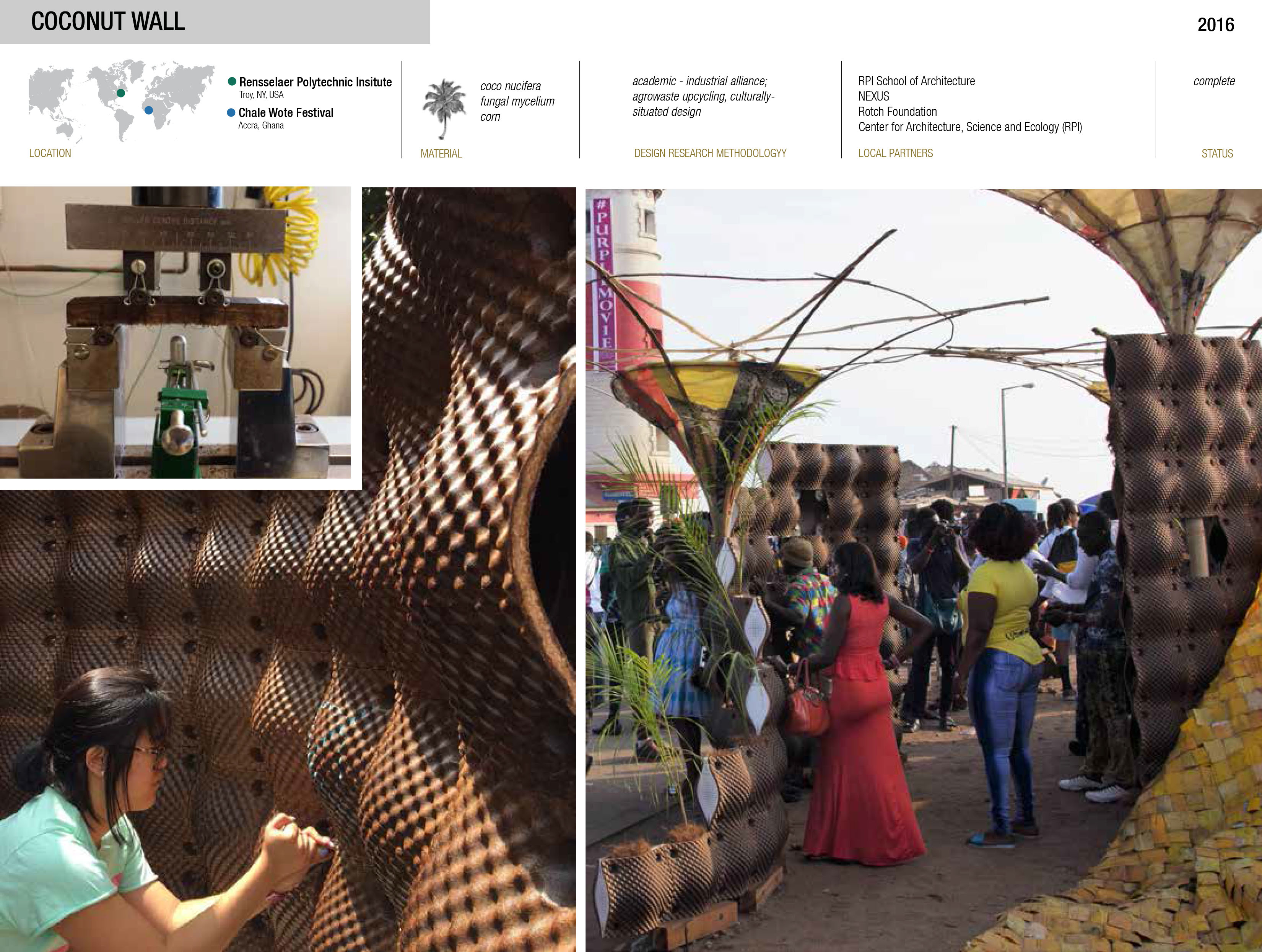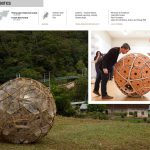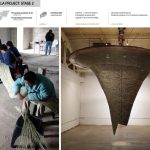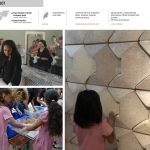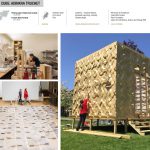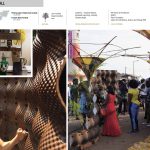Period
2002
Proposed by
Ugochukwu-Smooth C. Nzewi
Location
Various locations
About the project
To a large extent, technological innovation the field of architecture assumes that the social and political forces at play are separate from the process of research and development itself. In the worst cases, the social and political are merely a barrier to technological prowess. We believe technology could be an excuse to concurrently build other political and social skills, such as leadership, consensus, translation frameworks, and generative citizenship.
The choice of the kitchen ecology – including food, cooking practices – responds to our widespread concern around contemporary agricultural food production and its broader global ecological footprint which has propelled bottom-up innovations in the use of urban infrastructures for localized forms of control, food security and urban social relationships – from grassroots decentralized production, on-demand supply chain and distribution, ethical consumption activism and agro-food waste management.
Proto Kitchens leverages emerging urban-scale and peri-urban agricultural practices have evolved new networks of social and economic organization in cities, aiming to co-opt pockets of underutilized urban territory, maximizing the productivity of concentrated urban surfaces and accelerating innovations in land-use management and ownership. Proto Kitchens explores how the increasingly distributed infrastructure of the urban food life cycle, as well as its participants, can be used to map and design new communal kitchen typologies. This line of research aims to integrate dialogic design research methods with bottom-up upcycling infrastructures that we, Plural Matters, have been exploring for several years.
Links
Project: Umbrella Project: Stage 2
Video: “Mestizo Robotics”
Project: Golden Cube
Video: “Hack the Root”
Video: “Coconut Wall”
External links
About the artist
Plural Matters is a collaborative platform established by design researchers and architectural activists Mae-ling Lokko (Ghana/Philippines) and Gustavo Crembil (Argentina) at the Rensselaer School of Architecture. Lokko and Crembil propose new models of design research and deployment particularly between Global North-South, South-South contexts, that highlight the bridging of research stakeholders across disciplines, in order to reiteratively engage industrial and community partnerships.
